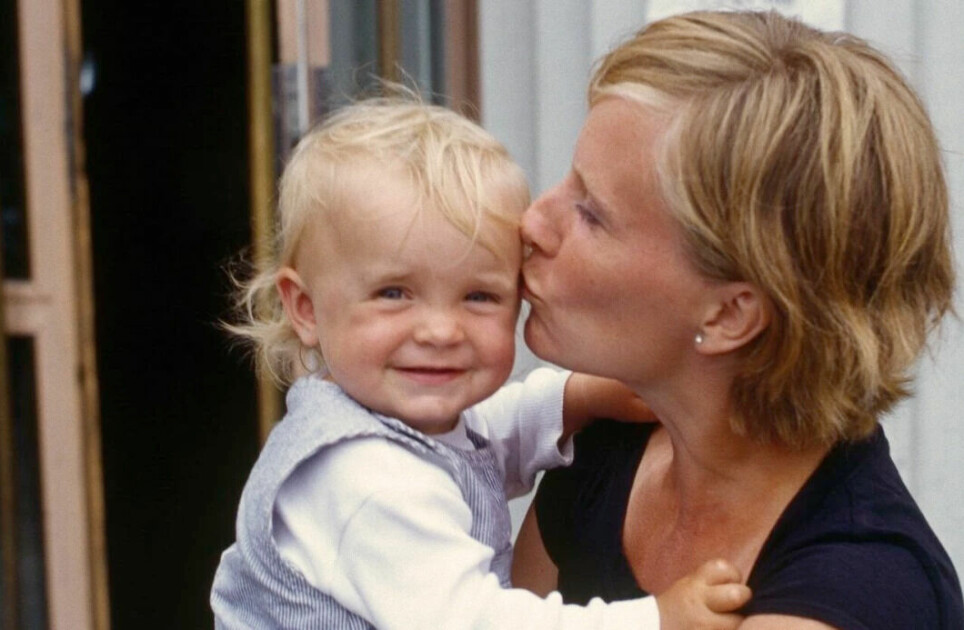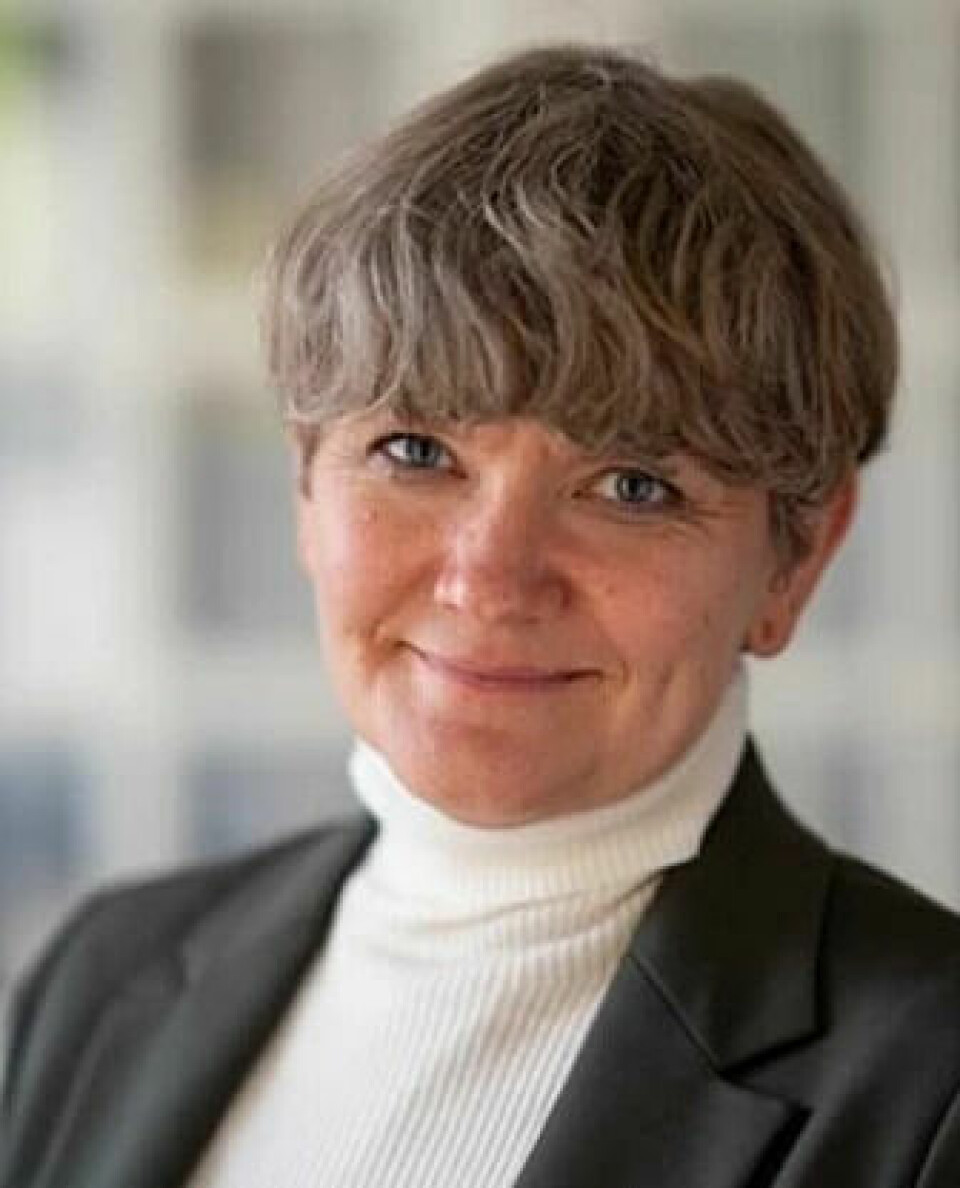
Women with young children lose interest in politics
Four years later, women are still less interested than before they had children. Does the same happen to the partner?
What exactly is political engagement?
According to researchers at the University of Gothenburg, it can be defined as how often you try to find political information, influence politics, discuss politics or share political messages online.
Political engagement also encompasses how interested you feel you are in politics, and how important you think it is in society.
These are the criteria the researchers used when they asked 2,000 first-time Swedish mothers about their political involvement.
Their findings indicate that pregnancy and the early parenthood stage is a period in life where women take a step back from societal involvement.
Engagement is already lost during pregnancy
All first-time mothers lost their political engagement from the very beginning of pregnancy. Their level of engagement remained unchanged up until the researchers stopped collecting data.
The effect was clear when they were compared with the control group.
“It is clear that women's political engagement is affected. Above all, we see changes in the time they spend reading about or discussing politics. However, pregnant women also tend to believe that politics is less important,” Elin Naurin at Gothenburg University says in a press release (link in Swedish).
What about Norwegian mothers?
Ragnhild Muriaas is professor of political science at the University of Bergen. She is not aware of similar studies in Norway but thinks it could be interesting to investigate.
“Norway is similar to Sweden in a number of areas, which means that we would probably see similar findings here. We have a relatively similar political history and institutions. Furthermore, we have fairly similar parental leave arrangements, and both countries have high women’s labour force participation rates,” she tells sciencenorway.no.
“It is therefore difficult to believe that findings would be completely different in Norway, such as, for example, that women spend more time acquiring information about politics when they are pregnant or have small children,” she says.
A democratic problem?
Pregnancy and young children are all-consuming. Is it really that strange that parents spend time on other things than politics? Is it even a problem?
Muriaas believes this is a difficult question to answer.
“The Swedish study initially looks at time use, and whether there is a change in our habits as we enter – and find ourselves in the middle of – the toddler phase,” she says.
Muriaas thinks this is completely natural.
“We have to learn a lot of new things during this period of our lives,” she says. “But doing something to a lesser extent does not mean that it is not important to many.”
Muriaas believes that although women with small children spend less time, on average, updating themselves on political issues and may not be as active for a period of time, this does not necessarily mean that women with young children are no longer interested in participating in discussions or holding political office.
“Many can still be passionately engaged in politics even if they spend less time on it,” she says.

What about breastfeeding and maternity politics?
Muriaas points out that some studies of this kind do not always capture the full range of what can be called political engagement.
“Perhaps you discuss paternal leave and breastfeeding without fully realising that this counts as political engagemenet when you are asked about it in a survey,” she says.
She believes it is important to make people aware that discussions we have with friends, family and neighbours – or with other parents – also contain political content and values.
Can lead to long-term gender differences
According to the Swedish study, it is not only the women who give birth who lose interest in politics when the child arrives.
The women's partners also state that during and after pregnancy they spend less time reading and hearing about local, national and international politics.
However, by the time the child is two to four years old, the partner’s interest has almost returned to the pre-pregnancy level. The mother’s political engagement, on the other hand, continues to decline during this period.
When the child has reached the age of four, the partner has completely recovered from the decline in political engagement. They take part in political discussions, and view politics to be just as important as before they became parents.
However, women remain at a lower level than before they became pregnant.
———
Translated by Alette Bjordal Gjellesvik.
Read the Norwegian version of this article on forskning.no
Reference:
Naurin et al. The Effect of Pregnancy on Engagement with Politics. Toward a Model of the Political Consequences of the Earliest Stages of Parenthood. American Political Science Review, 2022. DOI: 10.1017/S0003055422000430
































